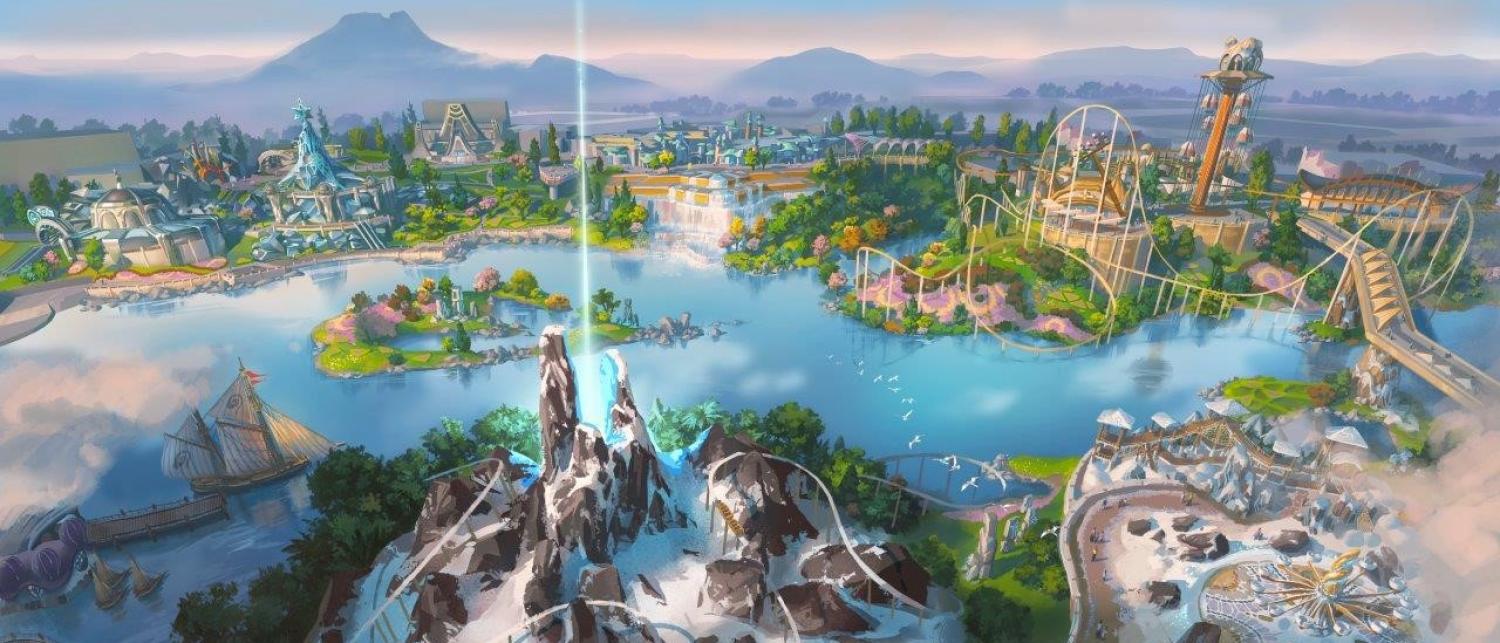This week ABC’s Four Corners ran an exposé of US President Donald Trump’s business dealings in Indonesia. The investigative report featured the taking over of a toll road project by the state as the key part to finalising a deal to build a mega-resort in south of Jakarta. Whenever a project of this size involving politically connected businessmen, politicians, and powerful foreign investors gets proposed in Indonesia, certain questions pop into mind. Four Corners admirably covered many typical concerns – notably, who stands to reap most windfall benefits from the project.
But by placing these developments in the broader context of toll road development in Indonesia, we can shed light on issues beyond Four Corners’s brief look into the opaque world of the politics of investment in this sprawling archipelagic country (I wrote about in depth about the political economy of Indonesia’s toll road development in the post-Suharto era in Indonesia’s Changing Political Economy: Governing the Roads). Here, I wish to address two broad details in particular.
The first is that the state under Indonesian President Joko ‘Jokowi’ Widodo has been taking a more active role in infrastructure provision, in contrast with the approach adopted by his predecessor, Susilo Bambang Yudhoyono. Yudhoyono had placed a lot of trust in the neoliberal-inspired public-private partnership (PPP) promoted by today’s multilateral organisations. But the porousness of the rule of law in Indonesia and the lack of financial commitment by the state to infrastructure provision, among other things, kept expansion of Indonesia’s toll road network under the two-time, democratically elected President to a minimum.
In partial response to the limitations of the PPP approach, Jokowi has relied more heavily on the state sector. Jokowi is turning back the clock to the time before the rise of neoliberalism in the 1990s, which championed less state and more private sector participation in economic affairs, including in infrastructure development. Jokowi is also following in the footsteps of China, where success in state-financed infrastructure has facilitated enormous gains in growth.
In the past few years, we have seen the state take over stalled toll road projects on a number of occasions. Thus, one could reasonably argue there is nothing out of the ordinary per se with the state commandeering the road project leading to Trump’s and associates’ resort. The same has happened to more obscure projects that promise to be far less lucrative. But in the context of Jokowi’s campaign pledge to build (or finish) infrastructure projects in order to drive the country’s economy forward, Jokowi has been determined to fulfil his promise.
Second, we may ask whether is it legal to build a toll road that serves a private resort. If this is indeed the case and the road only delivers drivers to the resort’s doorstep, then the expressway appears to be allowable under current Indonesian law. This might come as a surprise – not only because it concerns Trump and politicians whose reputations for bending (if not breaking) the law precede them, but also because for a long time under Indonesia’s 1980 road law a toll road was categorised as ‘an alternative to an existing highway’. This would have made the road to Trump’s resort illegal. This legal stipulation was a manifestation of the country’s early somewhat socialist roots, similar to many other post-colonial countries.
Today, the policy behind the provision of alternative routes has proven controversial. Across Latin America and post-socialist Europe, where alternative free routes have been legally mandated, there are many reports of drivers in large volumes skirting tolled sections of roads. In Indonesia, the issue elicited debate when the 1980 law was due to be revised. In the resulting 2004 road law, an apparent compromise was reached between the traditionalists and the reformers promoting private investment. The 2004 road law continued to deem a toll road as an alternative to an already existing free road. The new act, however, included an important proviso – under certain conditions exceptions may be permitted. Cases might include port-access roads, tunnels and bridges or, pertaining to the case at hand, holiday resorts where road access is expensive to build.
Thus, even if Trump’s toll road serves only the resort, in this specific instance it will not be running afoul of Indonesian law. Whether it makes economic sense or is morally agreeable for the state to assume the full construction costs of a toll road for a private resort, if this is indeed the case, is another matter entirely.

